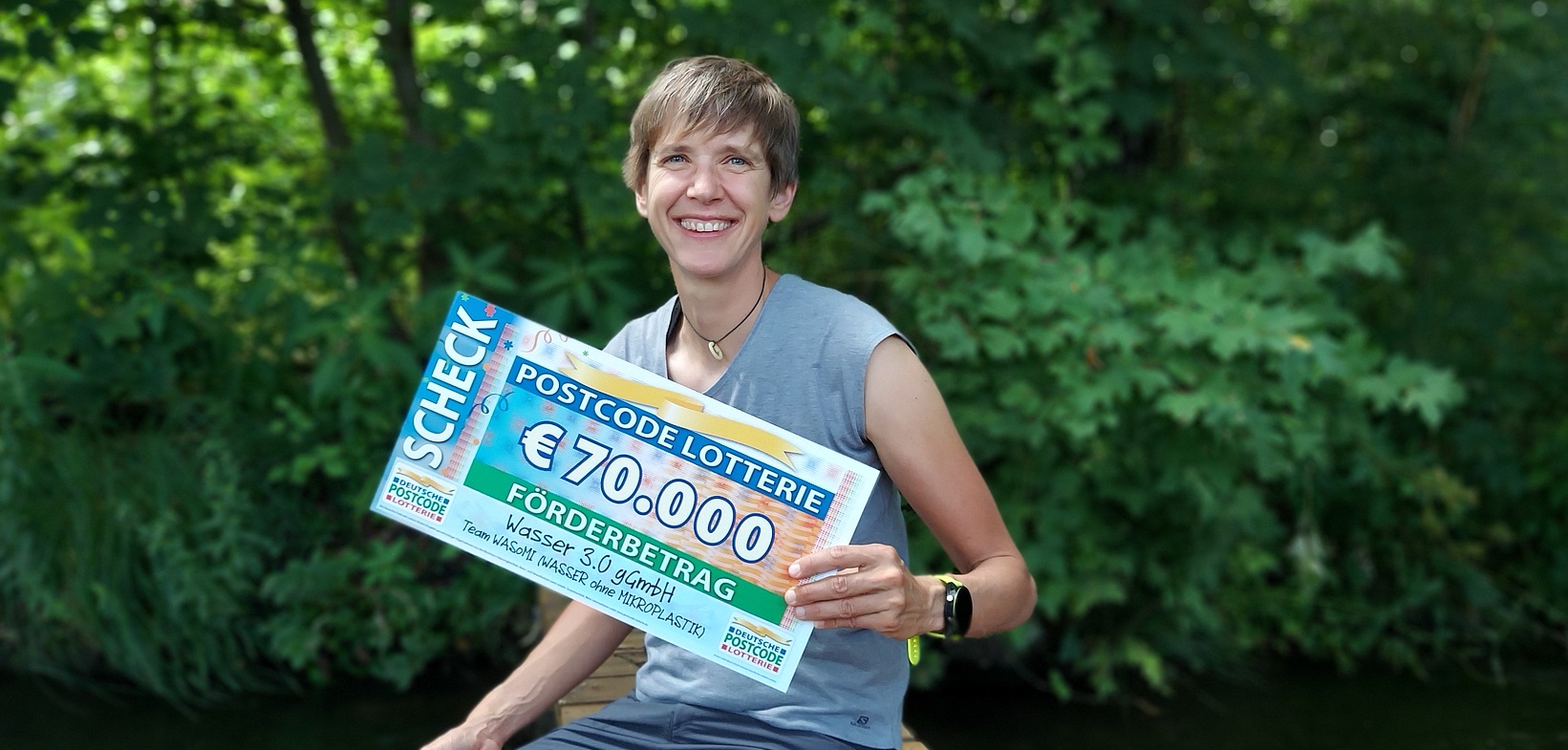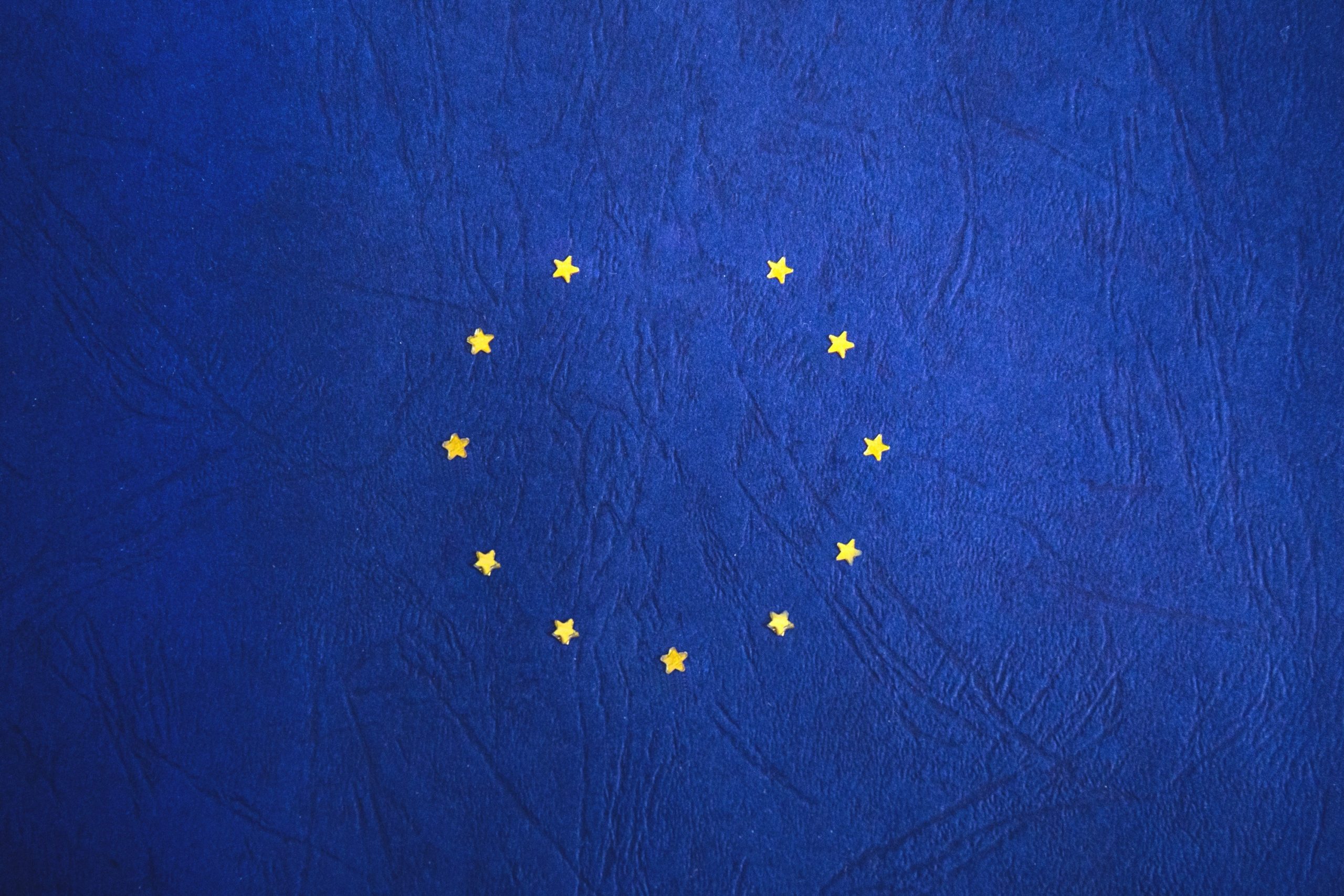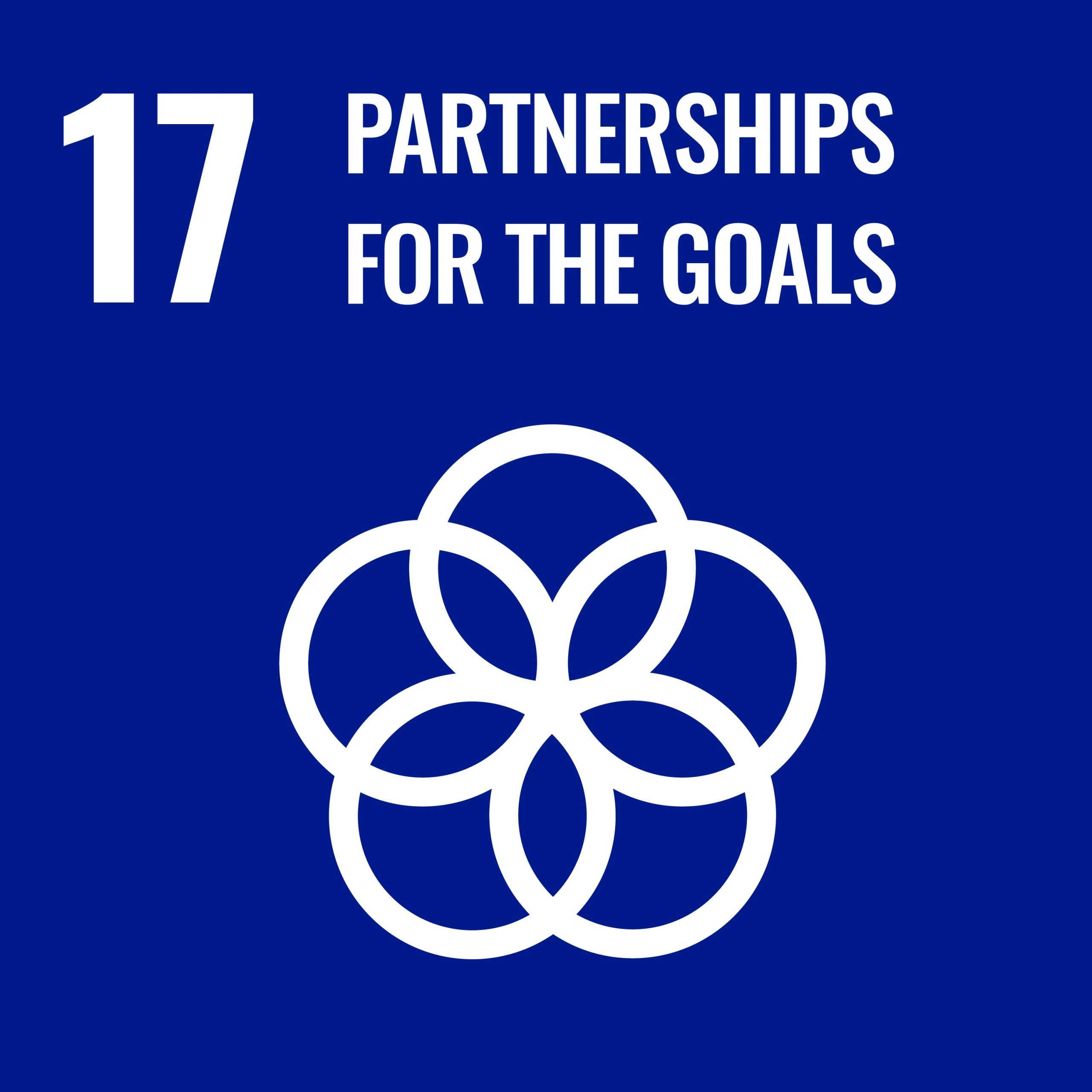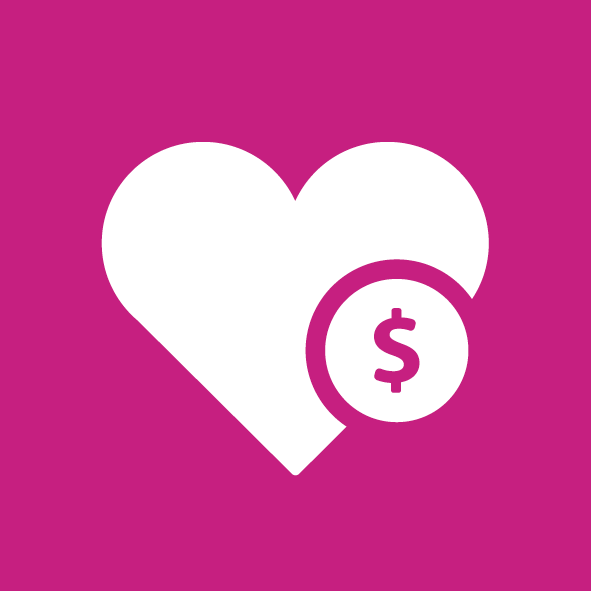
Educational Project Team WASoMI started
5. August 2021
Microplastics, Green Deal and regulations
29. September 2021Wasser 3.0 in Spanish is Wasser Tres Punto Cero
or where do the worlds of finance and the common good meet?
Our Wasser 3.0 video is now available in Spanish! We are pleased to be featured as a reference technology in the Spanish e-learning course "LearnGreen - Into the Future with Green Financing". The pilot launches this week in Bolivia. Meanwhile, SEND e.V.'s #wegebereiten campaign has been going full throttle in the final spurt to the German Bundestag elections to improve, among other things, the financing of social innovation and social entrepreneurship in Germany. This blog post therefore is on the subject of money in the context of the so-called Fourth Sector.
Beyond right and wrong lies a place. That is where we meet.
The worlds of finance and the common good - where do we meet?
Companies like us, whose business model is around green technology, sustainable innovation and social entrepreneurship, often face significant challenges in terms of funding. When you start to rethink the world, conventional approaches don't really fit anymore. In particular, the triple bottom line - the equal consideration of people and planet and profit - is uncharted territory for many people in finance as well as social entrepreneurship. The assumption tends to be: Either profit-oriented or common good-oriented. Accordingly, the financing models so far look like this: Either return-oriented investment or project-based funding or philanthropic support. There are some approaches that move somewhere between these poles. But there is a need for many more interfaces between the world of finance and that of social and sustainable innovations and business models. An example is the e-learning program "LearnGreen - Green Financing for the Future" by the Frankfurt School of Finance & Management in Germany, itself a non-profit company.
Companies like us, whose business model is around green technology, sustainable innovation and social entrepreneurship, often face significant challenges in terms of funding. When you start to rethink the world, conventional approaches don't really fit anymore. In particular, the triple bottom line - the equal consideration of people and planet and profit - is uncharted territory for many people in finance as well as social entrepreneurship. The assumption tends to be: Either profit-oriented or common good-oriented. Accordingly, the financing models so far look like this: Either return-oriented investment or project-based funding or philanthropic support. There are some approaches that move somewhere between these poles. But there is a need for many more interfaces between the world of finance and that of social and sustainable innovations and business models. An example is the e-learning program "LearnGreen - Green Financing for the Future" by the Frankfurt School of Finance & Management in Germany, itself a non-profit company.

How can green technologies be financed sustainably in developing and emerging countries?
How can green technologies and sustainable (environmental) infrastructure be financed in developing and emerging countries? This question is the focus of the new Spanish e-learning course "LearnGreen - With green financing into the future". The program is aimed at professionals in banks and companies. The goal is to promote supply-side and demand-side financing for sustainable investments in green technologies. Participants acquire local knowledge on the development and distribution of products for financing green technologies and sustainable (environmental) infrastructure, as well as on green project financing at local companies. They also learn about the technologies. Reference projects of German companies will be presented and discussed with regard to the local situation.
Click here for our Spanish corporate video. Damos la bienvenida al Wasser 3.0!
How can green technologies and sustainable (environmental) infrastructure be financed in developing and emerging countries? This question is the focus of the new Spanish e-learning course "LearnGreen - With green financing into the future". The program is aimed at professionals in banks and companies. The goal is to promote supply-side and demand-side financing for sustainable investments in green technologies. Participants acquire local knowledge on the development and distribution of products for financing green technologies and sustainable (environmental) infrastructure, as well as on green project financing at local companies. They also learn about the technologies. Reference projects of German companies will be presented and discussed with regard to the local situation.
Click here for our Spanish corporate video. Damos la bienvenida al Wasser 3.0!
A pilot project in Bolivia for the Spanish-speaking region and the achievement of the UN Sustainable Development Goals
This e-learning course was developed by the Frankfurt School of Finance & Management jointly with the Service GmbH of the Association of German Chambers of Industry and Commerce and the German-Bolivian Chamber of Industry and Commerce. The project will be piloted in Bolivia until March 2022. It will then be offered throughout the Spanish-speaking world. There will be country-specific versions for this. The project is funded by the German Federal Ministry for the Environment, Nature Conservation and Nuclear Safety through the Export Initiative of Green and Sustainable (Environmental) Infrastructure program. Building local capacity and knowledge is critical to achieving the United Nations' 17 Sustainable Development Goals. Environmental technologies are an important component for sustainable growth and development of society and economy. However, to date, small and medium-sized enterprises often lack access to necessary funding sources. This hinders the implementation of sustainable innovations and environmental technologies. Not only in developing and emerging countries...
This e-learning course was developed by the Frankfurt School of Finance & Management jointly with the Service GmbH of the Association of German Chambers of Industry and Commerce and the German-Bolivian Chamber of Industry and Commerce. The project will be piloted in Bolivia until March 2022. It will then be offered throughout the Spanish-speaking world. There will be country-specific versions for this. The project is funded by the German Federal Ministry for the Environment, Nature Conservation and Nuclear Safety through the Export Initiative of Green and Sustainable (Environmental) Infrastructure program. Building local capacity and knowledge is critical to achieving the United Nations' 17 Sustainable Development Goals. Environmental technologies are an important component for sustainable growth and development of society and economy. However, to date, small and medium-sized enterprises often lack access to necessary funding sources. This hinders the implementation of sustainable innovations and environmental technologies. Not only in developing and emerging countries...
Finance as a global challenge for 4th sector companies
Social business, social entrepreneurship, social innovation, purpose-driven business model, conscious capitalism, inclusive business, impact investing, for-benefit organization or non-profit company - as we are - are answers to the big question of how we want to and can shape our future. With their offerings and solutions, these initiatives close gaps in systems - economically, socially, technologically. Gaps whose closing (often) brings little profit, but all the more "good" for people and the environment. Or gaps are being closed deliberately without a primary focus on profit, but with a focus on the above mentioned triple bottom line. The enormous potential of this sector for ecological, economic and social added value is increasingly being recognized - albeit still inadequately exploited. Legal frameworks and financial instruments are not yet adapted to it. A wide variety of hybrid business models are the result. Enormous challenges, barriers and obstacles are the consequences for the organizations of this so-called Fourth Sector. We are confronted with them on an almost daily basis.
Social business, social entrepreneurship, social innovation, purpose-driven business model, conscious capitalism, inclusive business, impact investing, for-benefit organization or non-profit company - as we are - are answers to the big question of how we want to and can shape our future. With their offerings and solutions, these initiatives close gaps in systems - economically, socially, technologically. Gaps whose closing (often) brings little profit, but all the more "good" for people and the environment. Or gaps are being closed deliberately without a primary focus on profit, but with a focus on the above mentioned triple bottom line. The enormous potential of this sector for ecological, economic and social added value is increasingly being recognized - albeit still inadequately exploited. Legal frameworks and financial instruments are not yet adapted to it. A wide variety of hybrid business models are the result. Enormous challenges, barriers and obstacles are the consequences for the organizations of this so-called Fourth Sector. We are confronted with them on an almost daily basis.
Fourth Sector organizations challenge conventional thinking about capital markets, legal and regulatory constructs, metrics, ownership, leadership, and more. New instruments, new institutions, and not least of all new understandings are required.
What the Fourth Sector is all about is summarized in this document from the World Economic Forum.
What needs to change in this area also in Germany, has been put together very comprehensively, vividly and passionately by SEND e.V. (Social Entrepreneurship Network Germany) in the run-up to the German Bundestag elections. With their campaign #wegebereiten (EN 'pave the way') they - including us as member of the network - demand from politics to recognize the potential of social innovations and to support social entrepreneurs with the new federal government through better framework conditions. Yes, please!
What needs to change in this area also in Germany, has been put together very comprehensively, vividly and passionately by SEND e.V. (Social Entrepreneurship Network Germany) in the run-up to the German Bundestag elections. With their campaign #wegebereiten (EN 'pave the way') they - including us as member of the network - demand from politics to recognize the potential of social innovations and to support social entrepreneurs with the new federal government through better framework conditions. Yes, please!






